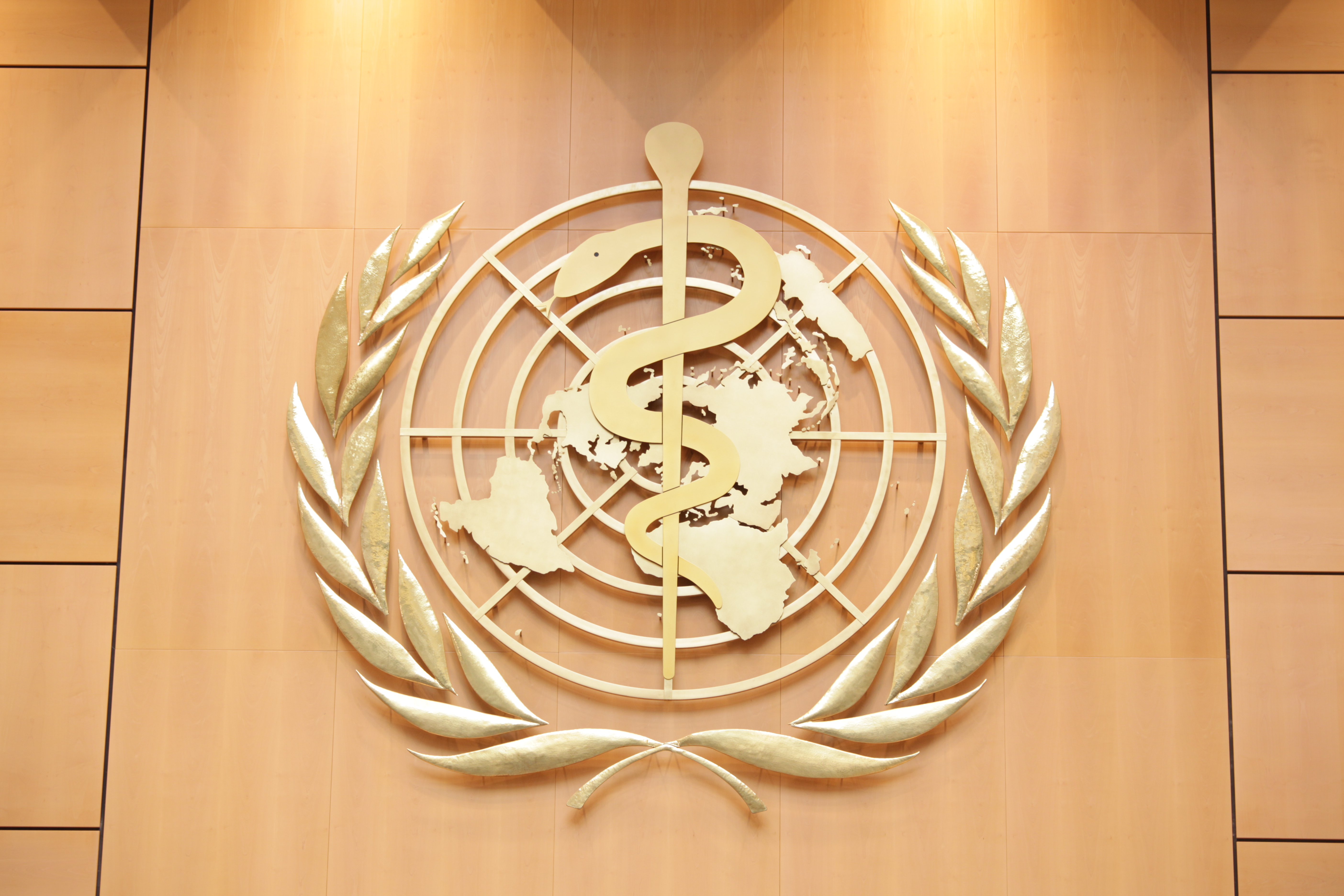 FLICKR, UNITED STATES MISSION GENEVAOn November 18, the World Health Organization (WHO) announced the end of the Zika international emergency. The formal designation had helped the agency compel countries to report data on Zika cases within their borders. But now that officials have a better idea of the scope of the outbreak—and its likely correlation with an uptick in the rates of newborn microcephaly—the emergency designation is no longer necessary, Peter Salama, executive director of WHO’s health emergencies program, told The New York Times.
FLICKR, UNITED STATES MISSION GENEVAOn November 18, the World Health Organization (WHO) announced the end of the Zika international emergency. The formal designation had helped the agency compel countries to report data on Zika cases within their borders. But now that officials have a better idea of the scope of the outbreak—and its likely correlation with an uptick in the rates of newborn microcephaly—the emergency designation is no longer necessary, Peter Salama, executive director of WHO’s health emergencies program, told The New York Times.
“We are not downgrading the importance of Zika,” he said. “We are sending the message that Zika is here to stay and the WHO response is here to stay.”
The WHO first declared Zika an international emergency on February 1, 2016. The mosquito-borne illness has since spread to at least 60 countries and has been implicated in nearly 5,000 cases of microcephaly as well as a number of other birth defects. Removing the international emergency designation means the WHO’s approach to Zika will shift from emergency mode to one of continuing research and prevention, Reuters reports, much like its current approach to dengue and malaria.
But some experts worry that the change could result in less funding for Zika research. “I think WHO’s decision is ...



















